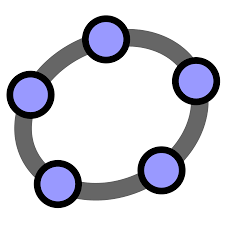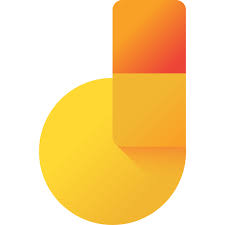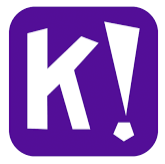Useful websites when studying mathematics:

Computational Intelligence (free limited use)
Capable of solving all sorts of problems up to secondary school level. The paid version includes a step-by-step walkthrough of solutions. Good for solving equations and function analysis.

If a problem involves functions, or if you need to create geometric constructions online, then Geogebra is far and away the best tool currently available.


When used wisely, search engines can help you find a specific mathematical problem. What’s the trick? Let’s take a look:
- Say this is our problem: List all odd four-digit natural numbers where each digit is less than three and at least three digits are the same.
- We want to pick out the words which are likely to be specific to this problem: “odd four-digit natural numbers”. If we enclose the phrase in quotation marks, we ensure that we’ll find very similar problems.
Useful resources for mathematics teachers:

Wolframalpha - Computational Intelligence (free limited use)
A practice-oriented cross between a mathematical computer and encyclopedia. From basic math to university coursework, it can be used to quickly carry out manual arithmetic and to help understand certain problems. It also uses real-world examples to step beyond the world of pure mathematics (e.g. population numbers). Our students are increasingly relying on computer-assisted learning, so we need to get ahead of the challenge and show them how this tool works. We should guide them toward seeing it not as a “do-it-for-me” machine, but as a tool to help them understand and solve a problem.

If the exercise involves functions, or if you need to create geometric constructions online, then Geogebra is far and away the best tool currently available. Not only is it an excellent visualization tool, but students can also turn in their online homework by sending a link.

Considered one of the foundational tools of online teaching. It offers all of the most important functionality for online teaching: 1) cooperative screen-sharing, 2) a wide selection of pencils, pens, and writing tools, 3) multiple pages, making the board effectively infinite, 4) class materials can be exported as a PDF or shared as a link.
Unfortunately, it is being discontinued in 2024. In its place I recommend any of the following options (unfortunately none of them are as good as Jamboard):

The online equivalent of the tried and true rubber band board. Great for encouraging the students’ playfulness. The web version can also easily be displayed on an interactive whiteboard.

Kahoot - quiz builder (partially free)
One of the best tools for a fun end-of-class review. One issue is that students will need their phones to use it, so it’s best for secondary school students. Tip: pay attention to the potential answers for a question – if there’s too much text, those sitting in the back will have trouble reading them and the game won’t be fair!

Mentimeter - make your presentations interactive (partially free)
A well-prepared presentation can make all the difference when trying to convey new information. Making more interactive presentation can help deepen their knowledge, and quick questions, puns, and voting are a great way to do so.
Collections of mathematical puzzles:
LKLogic Youtube channel (algebraic exercises, fun facts)
MindYourDecisions Youtube channel (logic puzzles)
LogicallyYours Youtube channel (logic puzzles)
Reader's Digest selection (logic puzzles)
